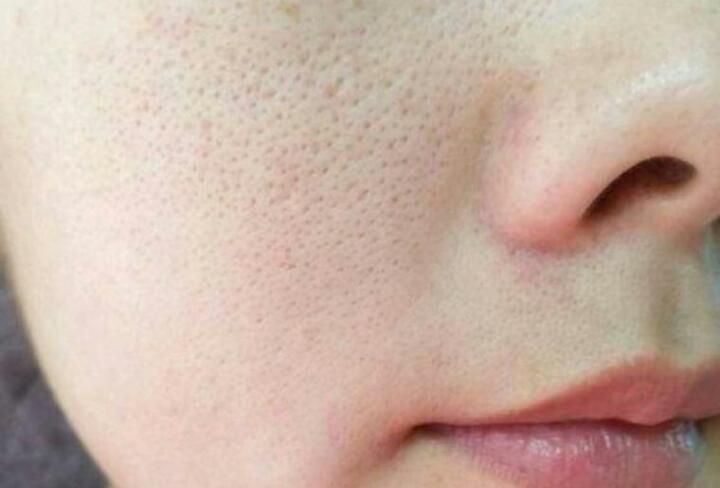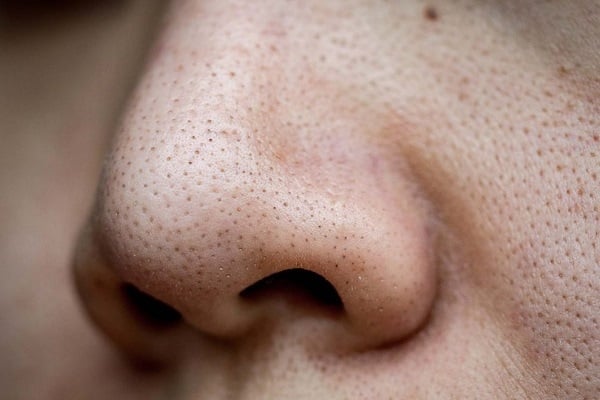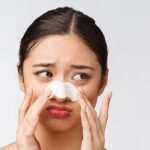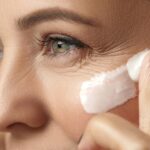What Causes Enlarged Pores
Gender and Genetics
Skin type is largely determined by genetics, and enlarged pores are no exception. If your parents have large pores, chances are you will too.

Skin type and pore size are often influenced by genetic factors.
Oily Skin
Individuals with oily skin tend to produce more sebum, which can lead to enlarged pores as dirt and oil accumulate. Inadequate skin hygiene can result in acne, particularly blackheads, exacerbating the issue.
Aging
As we age, our pores tend to enlarge due to the natural loss of elasticity and collagen in the skin.
Lifestyle Factors
Unhealthy lifestyle choices, such as insufficient sleep, irregular sleeping patterns, and a diet high in spicy, oily, and processed foods, can contribute to enlarged pores.
Poor Skin Hygiene
The formation of blackheads and acne can stretch the pores and surrounding skin, leading to enlarged pores.
Natural Ways to Minimize Pores
Facial Steaming
Steaming your face with herbs like rose, mint, orange peel, ginger, or lemongrass is a great way to open up pores. The heat helps remove dirt, excess oil, and dead skin cells. Follow up with a cold water rinse to close the pores.

Steaming your face with natural ingredients is a refreshing way to open and cleanse your pores.
Retinol
Retinol stimulates the production of GAGS, a natural moisturizer in the skin, making it plumper and smoother. This helps to reduce the appearance of enlarged pores.
BHA
Beta Hydroxy Acids (BHA) are excellent pore cleansers, penetrating deep into the pores to remove excess sebum and dead skin cells, leading to a noticeable improvement in pore size.
Cleansing
A consistent skincare routine is key. Cleanse your face twice daily to remove dirt and excess oil. Over-cleansing can strip the skin of its natural oils, prompting it to produce even more sebum.
Moisturizing
Contrary to popular belief, those with oily skin and enlarged pores should still moisturize. Choose a lightweight, non-comedogenic moisturizer to hydrate your skin without clogging pores.
Exfoliation
Exfoliate 1-2 times per week to remove dead skin cells that can enlarge pores. Always choose exfoliants suitable for your skin type.
AHA
Alpha Hydroxy Acids (AHA) are natural acids derived from fruits, sugar, and milk. They help remove dead skin cells, boost ceramide production, and improve the skin’s ability to retain moisture.
Toner
Using a toner after cleansing or before bed can help balance the skin’s pH, shrink pores, and control oil production.



































